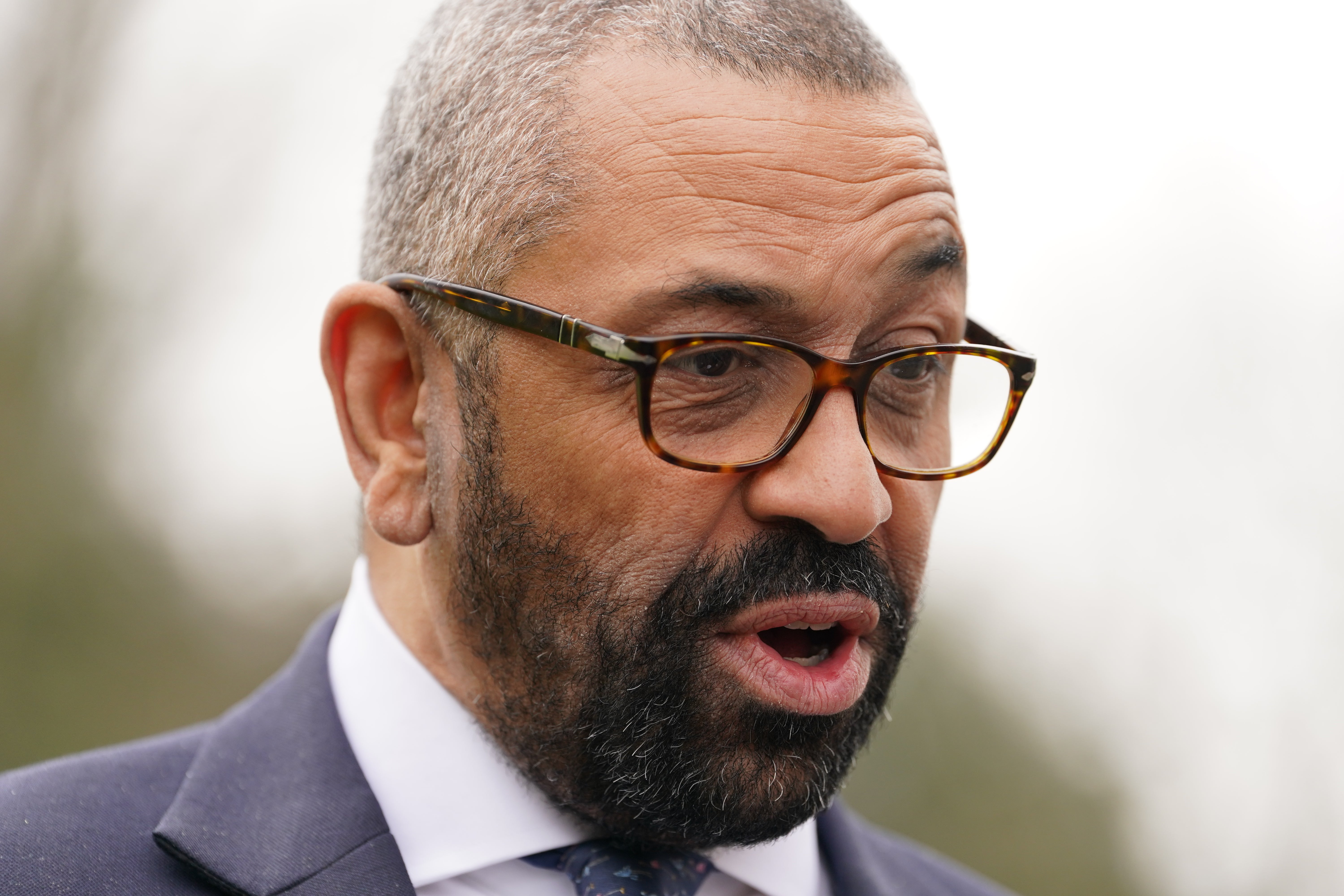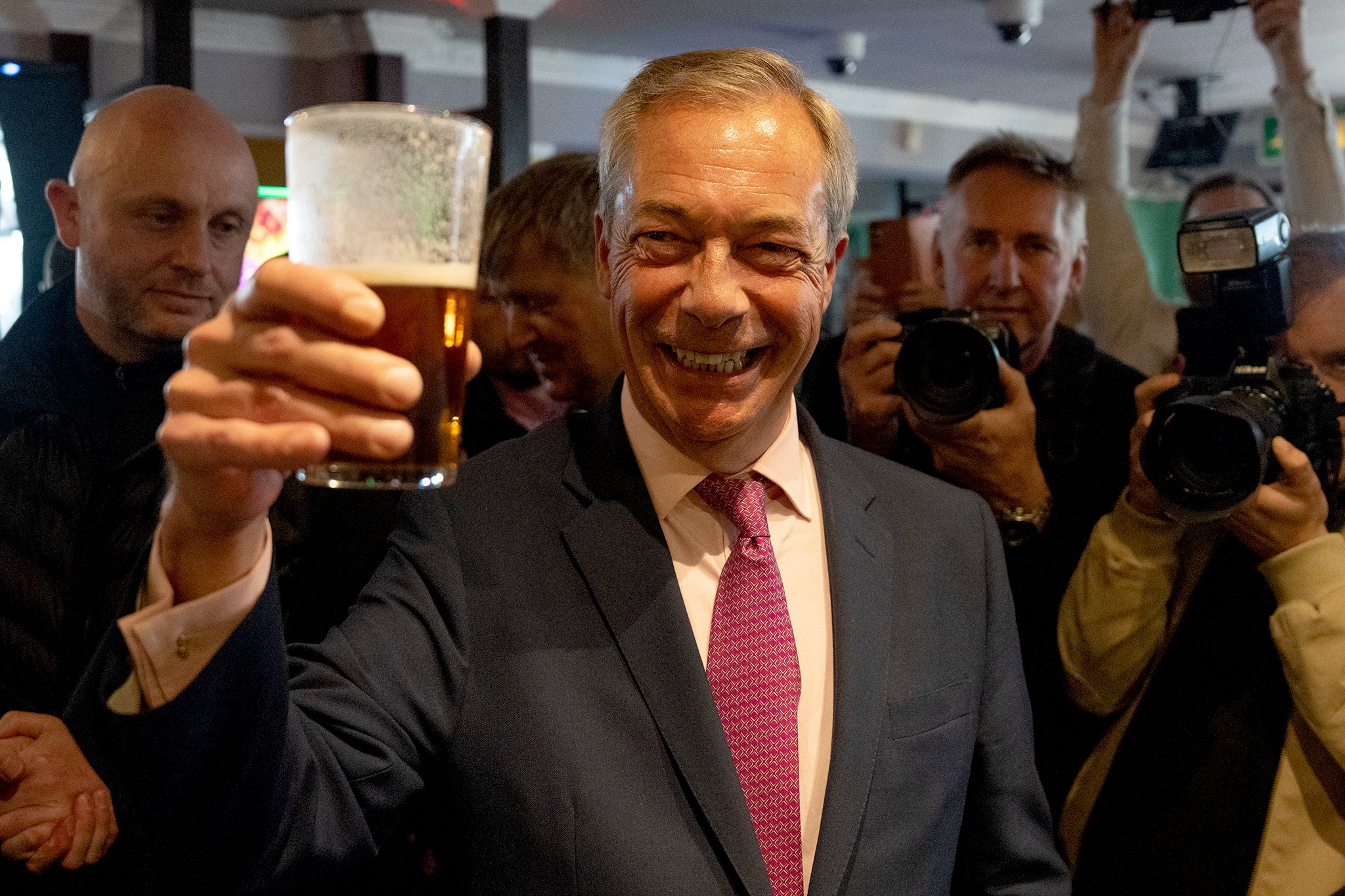Net migration to the UK almost halved last year, according to the latest estimates, sparking concerns over a shortage of workers in some key sectors.
About 431,000 more people arrived in the UK than left over the 12-month period to December 2024, compared to 860,000 a year earlier, the Office for National Statistics said.
The fall in net migration has been driven by a decline in non-EU workers and students coming to the UK, and marks the largest fall on record.
The Migration Observatory at the University of Oxford said the "record-breaking decline" in net migration was possible "primarily because numbers had previously been so high".
But the crisis in the care sector in particular was highlighted in the figures showing that a mere 26,100 people between April last year and April 2025 came to the UK on a health and care worker visa. This is down from 143,900 on figures for March 2023 to March 2024.
The Tories have claimed credit for the drop under measures they introduced shortly before losing the election, but it comes just a week after Sir Keir Starmer’s controversial speech about reducing migration even further, claiming the UK had become an “island of strangers”.
Despite both Labour and the Conservatives celebrating the figures, the Institute for Public Policy Research (IPPR) think tank warned Sir Keir must balance cutting migration numbers with the need to support Britain’s ailing public services, with particular concern about exacerbating the shortage of workers in health and social care, many of whom come from overseas.
Nadra Ahmed, chair of the National Care Association, warned that the statistics revealed a shortage of workers in the care sector, which is set to be made worse by Sir Keir’s decision to refuse visas to care workers from abroad.
She said: “The statistics have been dropping now for some months and yet we do not see any increase in a domestic workforce taking on the roles required in the sectors, like social care, where the shortages are going to have a substantial impact.
“The challenges being created by these ill-thought-out decisions will put people in need of care and support at risk over the coming years – it is a risky strategy if alternatives are not in place.”
The construction industry is also facing a serious challenge.
Daniel Austin, chief executive and co-founder at ASK Partners, an independent property lender, said: “The government’s tightening of immigration rules risks deepening the UK’s housing crisis at precisely the wrong moment. The construction sector is already under intense pressure, from spiralling build costs and the impact of regulatory changes like the Building Safety Act, to planning bottlenecks and a chronic shortage of skilled labour. Limiting access to foreign workers threatens to compound these issues, further stalling progress on desperately needed housing.”
Dr Jane Townson, chief executive of the Homecare Association, which represents homecare providers, told The Independent this month that the prime minister’s measures will “force more homecare providers to shut their doors”.
Pressed on whether the government was concerned about a worker shortage, a Downing Street spokesperson said: "No, as you saw in the white paper, we are for the first time setting out a strategy to properly bring together a domestic skills strategy with an immigration strategy. Reducing our reliance on overseas labour by training up our domestic workforce and ensuring that our border system is secure."
He added: "Net migration is still too high and must come down, which is why we set out our plans in the immigration white paper."
The figures largely cover the period before Labour came into power, so they do not account for the impact of measures announced by the prime minister this month as he clamps down on immigration to fend off Nigel Farage and Reform UK’s tough stance on the issue.
Mr Farage said on X: “Net migration of over 400,000 for Labour’s first year of government. Not as high as the great Tory betrayal, but still disastrous.”
But home secretary Yvette Cooper said the drop in net migration is “important and welcome after the figures quadrupled to nearly a million” under the Conservatives.
The ONS said the sharp fall in net migration was driven by a 49 per cent drop in non-EU nationals coming to the UK for work compared with the previous year, meaning 108,000 fewer arrivals.
That came alongside an 86 per cent drop in the number of family members brought to the UK by students, with 105,000 fewer arrivals, and a 35 per cent fall in the dependents of workers coming here.

There was also an uptick in the number of people who came to the UK on student visas, the ONS said.
Director of population statistics at the ONS Mary Gregory said: "There has been an increase in emigration over the 12 months to December 2024, especially people leaving who originally came on study visas once pandemic travel restrictions to the UK were eased."
The dramatic falls come after former home secretary James Cleverly last year introduced a series of measures as part of a Conservative drive to cut net migration, including bans on overseas students and care workers bringing family members to the UK.
“This drop is because of the visa rule changes that I put in place. Labour will try to claim credit for these figures but they criticised me at the time, and have failed to fully implement the changes,” Mr Cleverly said on Thursday.
Sunder Katwala, director of the British Future think tank, said the major fall will surprise the public, who expected the figures to keep climbing.
“So Keir Starmer is in the unusual position for a PM of having exceeded expectations on immigration – though largely by not cancelling measures introduced by his predecessors,” he said.
The prime minister has already promised that the government’s new immigration measures will mean net migration falls “significantly” over the next four years.

Plans unveiled last week include tightened access to skilled worker visas and tougher English language requirements for spouses coming to the UK. The PM also introduced a wait of 10 years, up from five previously, to apply for permanent residency – unless migrants can prove a significant contribution to the UK.
Though Sir Keir did not set a target for how much the government wants to bring net migration down by, the Home Office estimated that the new policies could lead to a 100,000 drop in immigration per year by 2029.
In a speech this month announcing the measures, Sir Keir sparked a major backlash among his MPs by warning that spiralling migration levels risked turning Britain into an “island of strangers”.
Critics condemned what they believed to be an attempt to play catch-up with Mr Farage amid Reform’s surge in the polls and following its triumph in the local elections.







